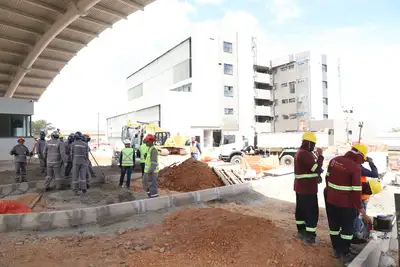Seju promotes activity focused on drug prevention for individuals serving alternative measures
The initiative reinforces the importance of planned actions to promote healthy choices and prevent chemical dependency
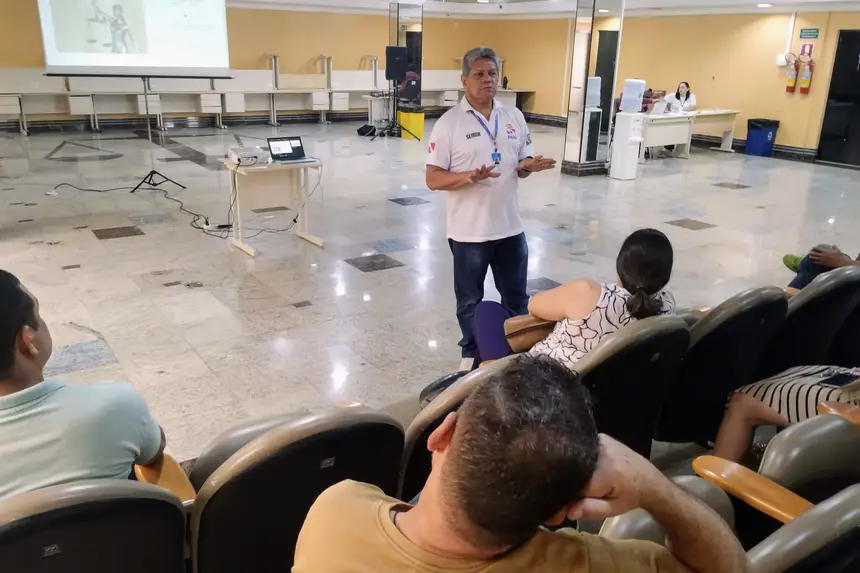
The State Secretariat of Justice (Seju) held an educational action this Friday (30) in Belém, aimed at individuals serving judicial measures referred by the Court of Execution of Sentences and Alternative Measures. The activity was conducted by the Coordination of Prevention, Treatment, and Damage Reduction of Drug Use (Cenpren), a sector linked to Seju responsible for policies related to problematic substance use.
During the meeting, Cenpren technician Ulisses Lima discussed fundamental topics related to drug use with the participants, such as basic concepts, the classification of substances regarding legality, current legislation, patterns of use, and the physical and social impacts of consumption. The approach centered on prevention and harm reduction, recognizing that addressing chemical dependency must consider social, cultural, and individual factors.
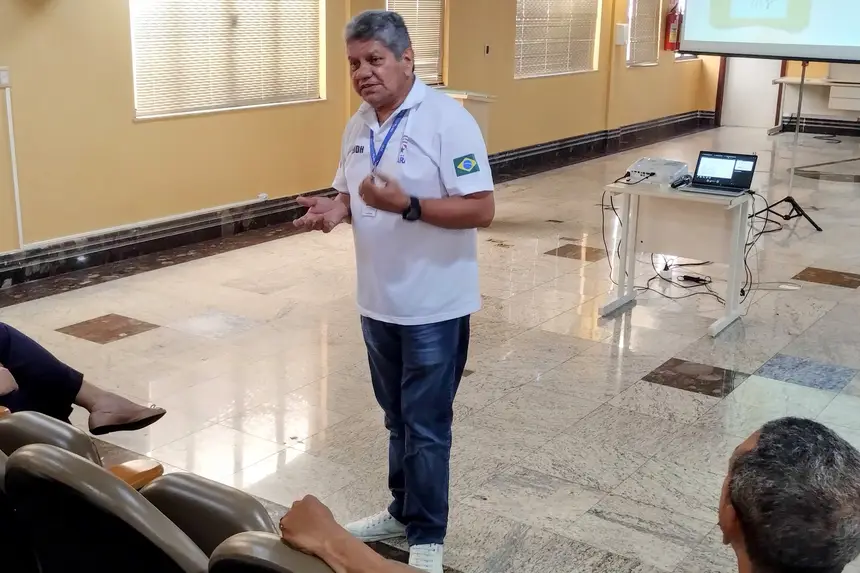
“It is not about banning the possibility of use, but rather considering a series of factors to enable the individual to make healthy choices,” emphasized Ulisses, advocating for an approach that goes beyond repression. He also highlighted the importance of a planned and joint action among sectors such as education, health, public safety, and organized civil society to promote effective prevention and care actions.
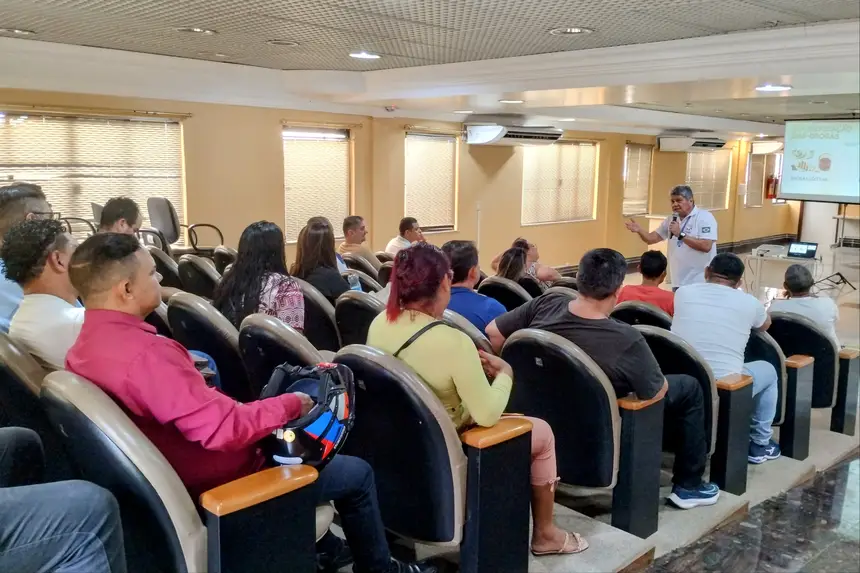
The activity also aimed to clarify the role of public services in supporting individuals in situations of chemical dependency. The three levels of health care available in the public network were highlighted:
- Urgency and emergency, with care in hospitals and Emergency Care Units (UPAs);
- Basic care, through Basic Health Units (UBS);
- Specialized psychosocial care, provided by Psychosocial Care Centers (CAPS).
Ulisses Lima emphasized that the treatment of chemical dependency is a gradual process that requires constant monitoring and a structured support network. “It is important to understand that chemical dependency, whether from legal or illegal substances, cannot be resolved all at once. It is a treatment that takes time. The person needs monitoring and engagement in other activities to avoid situations that lead to relapse,” he explained.
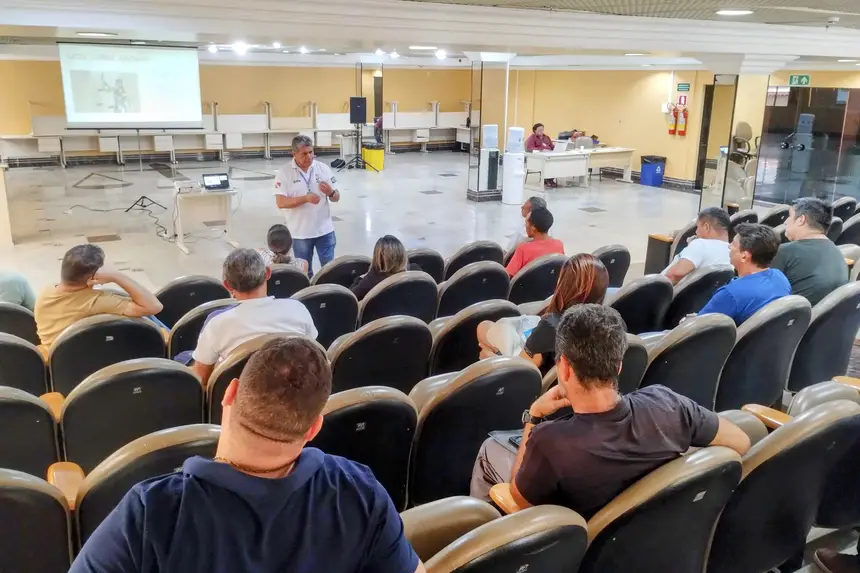
Drug Policy in Pará - The State Secretariat of Justice (Seju) is the agency responsible for managing drug policies in Pará. Through Cenpren, actions are developed within the Educational Program for Adults, aimed especially at individuals serving alternative measures. The program primarily seeks to promote awareness, prevent the abusive use of psychoactive substances, and support the construction of healthier and more autonomous life trajectories.
Additionally, the coordination works on forming a care network composed of public agencies, civil society institutions, and professionals from various fields, promoting the coordination of efforts to address the impacts of drug consumption.








